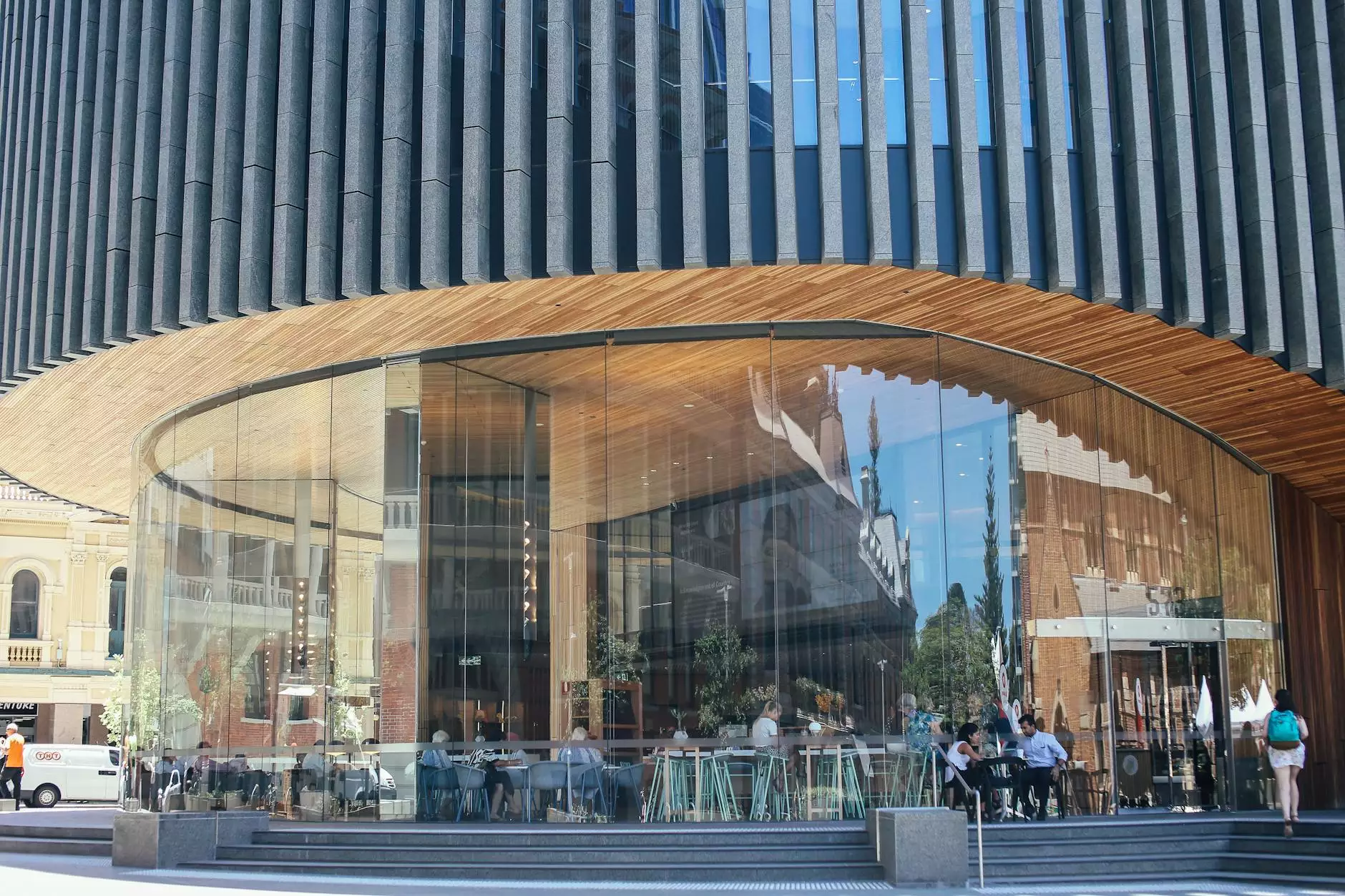Alien Beetles Threaten Coconut Palm Trees

Introduction
Welcome to Go SEO, your ultimate destination for comprehensive business and consumer services in website development. In this article, we will discuss the alarming threat posed by alien beetles to the iconic coconut palm trees of Hawaii.
The Beauty of Coconut Palm Trees
Coconut palm trees, with their towering presence and graceful fronds, have long been synonymous with tropical paradise. Their majestic appearance and diverse benefits have made them a beloved symbol of Hawaii. However, an unwelcome threat has recently emerged, putting these iconic trees at serious risk.
Unraveling the Alien Beetle Invasion
In recent years, Hawaii has been grappling with the invasion of alien beetles, specifically the Coconut Rhinoceros Beetle (CRB) and the Red Palm Weevil (RPW). These destructive insects pose a significant threat to the well-being of coconut palm trees, causing irreparable damage to their trunks, fronds, and overall vitality.
1. The Coconut Rhinoceros Beetle (CRB)
The Coconut Rhinoceros Beetle, a native of Southeast Asia, has found its way to Hawaii and is wreaking havoc on coconut palm trees. These beetles primarily target the tree's young fronds, feeding on their nutritious tissues and causing irreversible harm. The CRB's infestation can lead to the decline and eventual death of the palm trees.
2. The Red Palm Weevil (RPW)
Originating from the tropical regions of Asia and Africa, the Red Palm Weevil has quickly become a major concern for the coconut palm trees in Hawaii. Adult weevils lay their eggs in the tree's trunk, and once the larvae hatch, they tunnel through the tree, devouring its inner tissues. This invasive species weakens the palm trees, making them more susceptible to diseases and other environmental stressors.
The Devastating Consequences
The impact of these alien beetles on Hawaii's coconut palm trees cannot be understated. Beyond the loss of visual beauty and cultural significance, the decline of coconut palm trees can have far-reaching consequences.
1. Economic Loss
Coconut palm trees play a significant role in the economy of Hawaii. They attract tourists, provide shade for beaches, and offer sustainable resources. The destruction caused by alien beetles can result in a decline in tourism, loss of revenue, and increased costs for ecosystem restoration.
2. Environmental Effects
Coconut palm trees contribute to the ecological balance of Hawaii's fragile island ecosystems. They provide habitat and food sources for various native species. The loss of these trees due to the alien beetle invasion can disrupt the delicate balance and negatively impact biodiversity.
Combating the Invasion - Go SEO's Commitment
At Go SEO, we recognize the urgency of addressing the alien beetle threat to Hawaii's coconut palm trees. As a leading website development company, we are committed to raising awareness and supporting initiatives aimed at combating this invasive species.
1. Education and Awareness
We believe that knowledge is power. By providing detailed information and promoting awareness about alien beetles and their impact, we can empower individuals, businesses, and organizations to take action and protect Hawaii's cherished coconut palm trees.
2. Collaborative Efforts
Go SEO actively seeks partnerships with local authorities, environmental agencies, and community organizations to develop strategies and implement effective measures. We support research initiatives, conservation projects, and pest control efforts aimed at mitigating the threat posed by alien beetles.
3. Sustainable Solutions
We advocate for sustainable practices that not only address the current crisis but also ensure long-term conservation. By promoting integrated pest management, tree care best practices, and innovative technologies, we strive to protect and restore Hawaii's coconut palm trees.
Conclusion
The threat of alien beetles to Hawaii's coconut palm trees necessitates immediate action and widespread cooperation. Go SEO is dedicated to contributing to the preservation of these iconic trees through education, collaboration, and sustainable solutions. Join us in our mission to protect Hawaii's natural beauty and cultural heritage.




